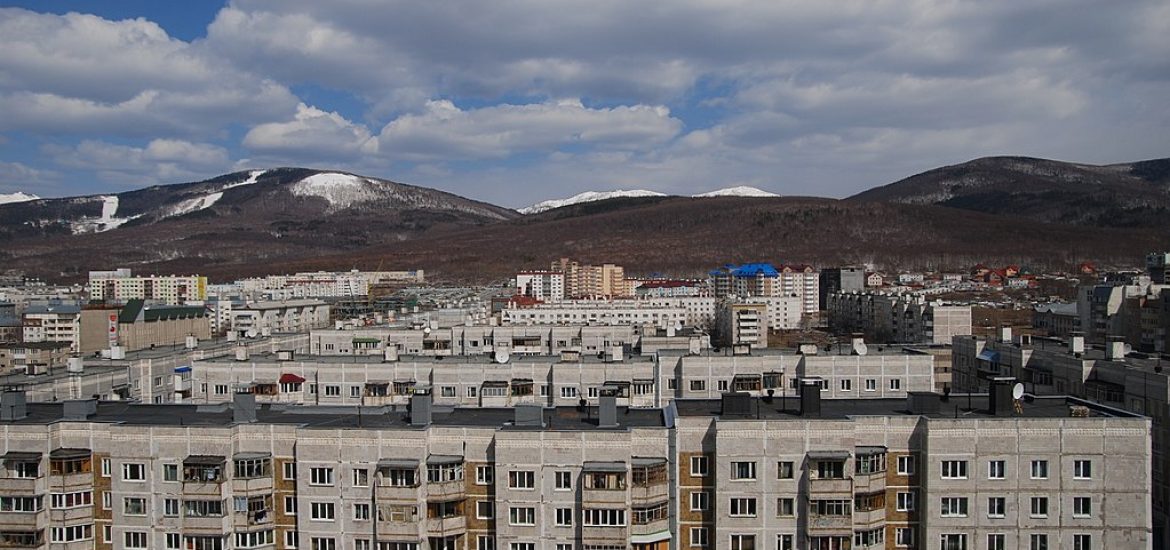
ExxonMobil says it will end a joint venture with Russia’s state-controlled Rosneft, the nation’s biggest oil producer, because of US and European sanctions.
Exxon made the decision at the end of 2017 after Washington extended its sanctions against Moscow. It plans to deconstruct the joint venture this year.
The announcement sparked an after-tax loss of about US$200 million, which is dwarfed by the firm’s profit of US$19.7 billion last year.
But the end of the Rosneft deal probably ends Exxon’s hopes of exploring the oil-rich Russian Arctic. It undoes one of the crowning achievements of former ExxonMobil chief executive Rex Tillerson, who is now US secretary of state.
Tillerson signed a deal with Rosneft in 2011 with Arctic drilling as a major ambition. The partnership aimed to combine Exxon’s technological expertise and Rosneft’s territorial assets.
The sanctions stifled work on a project by Exxon and Rosneft on what was hailed as a groundbreaking discovery in the Kara Sea above the Arctic Circle.
Rosneft said in 2017 that it planned to return to operations at the project in 2019.
The companies were focused on drilling for oil in three Russian regions: the Arctic, deep waters of the Black Sea and Siberia. The partnership also gave Rosneft the chance of a stake in Exxon’s projects, like operations in West Texas and in the Gulf of Mexico.
Ending the partnership would not affect the Sakhalin project off the eastern coast of Russia, both firms have said.
Sakhalin-1 operates under a production-sharing agreement from the mid-1990s and currently produces around 200,000 barrels of oil per day.
The decision is a U-turn for Exxon, which had opposed sanctions over Russia’s invasion of Crimea and argued they unfairly penalised US companies while allowing rival firms to operate in Russia, the world’s largest oil producer.
US sanctions did not affect existing energy deals, but they specifically excluded Rosneft chief executive Igor Sechin, an influential oligarch in Russia with whom Tillerson had a close relationship.
In 2013 Russia’s president, Vladimir Putin, awarded Tillerson the Order of Friendship, one of the highest honours Russia gives to foreign citizens, over the agreement.
Targeting Sechin created a series of hurdles for Exxon, which unsuccessfully applied for a waiver. The US Treasury fined Exxon US$2 million last year for signing new deals with Sechin in 2014. Exxon sued the government in an attempt to stop the fine, stating that it always complied with the sanctions.
The United States codified and expanded sanctions against Russia last year for alleged interference in the 2016 US presidential election.
Sakhalin drilling will continue. Picture credit: Wikimedia





